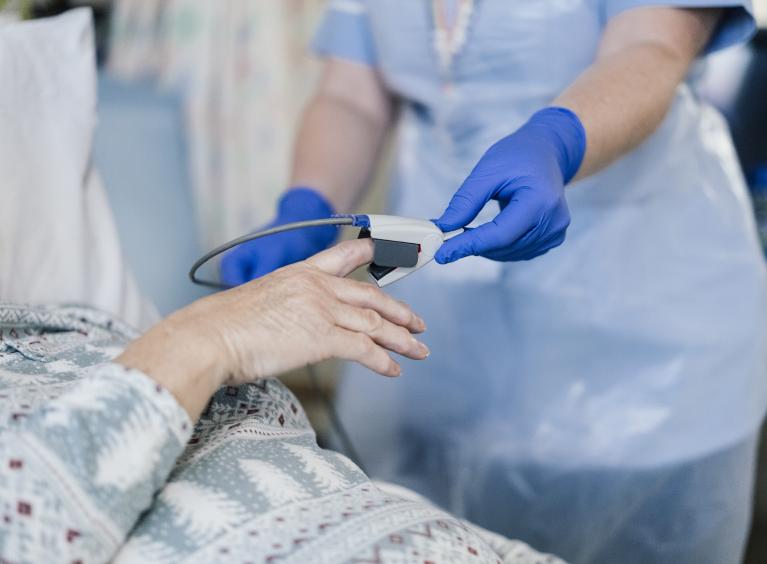Our Emergency Department is very busy right now and some people are experiencing long waits. If you do not require emergency care, please use an alternative such as 111 online.
Being admitted to hospital can be a disorientating and distressing experience for a person you care for and they may require a closer level of observation whilst in hospital. The person you care for may have complex physical and emotional health needs. Enhanced care can be a beneficial intervention to manage risk and reduce distress whilst focussing on patient centred care.
Enhanced care is a closer level of supervision used when staff have risk assessed the potential harm to your relative or the person you care for, or the risk to others. This means that they will be closely observed to maintain their safety, privacy and dignity. The level of observation will be determined through a risk assessment process.

